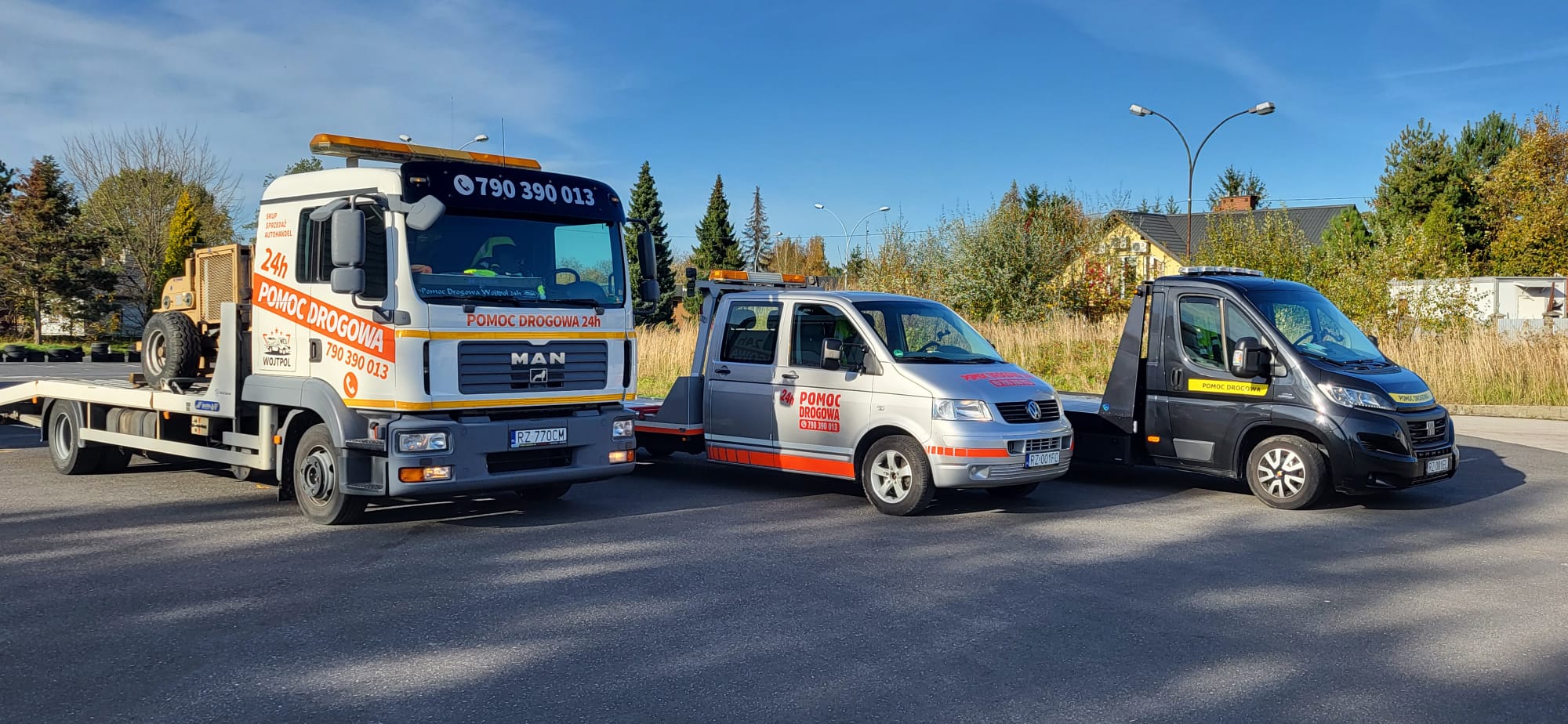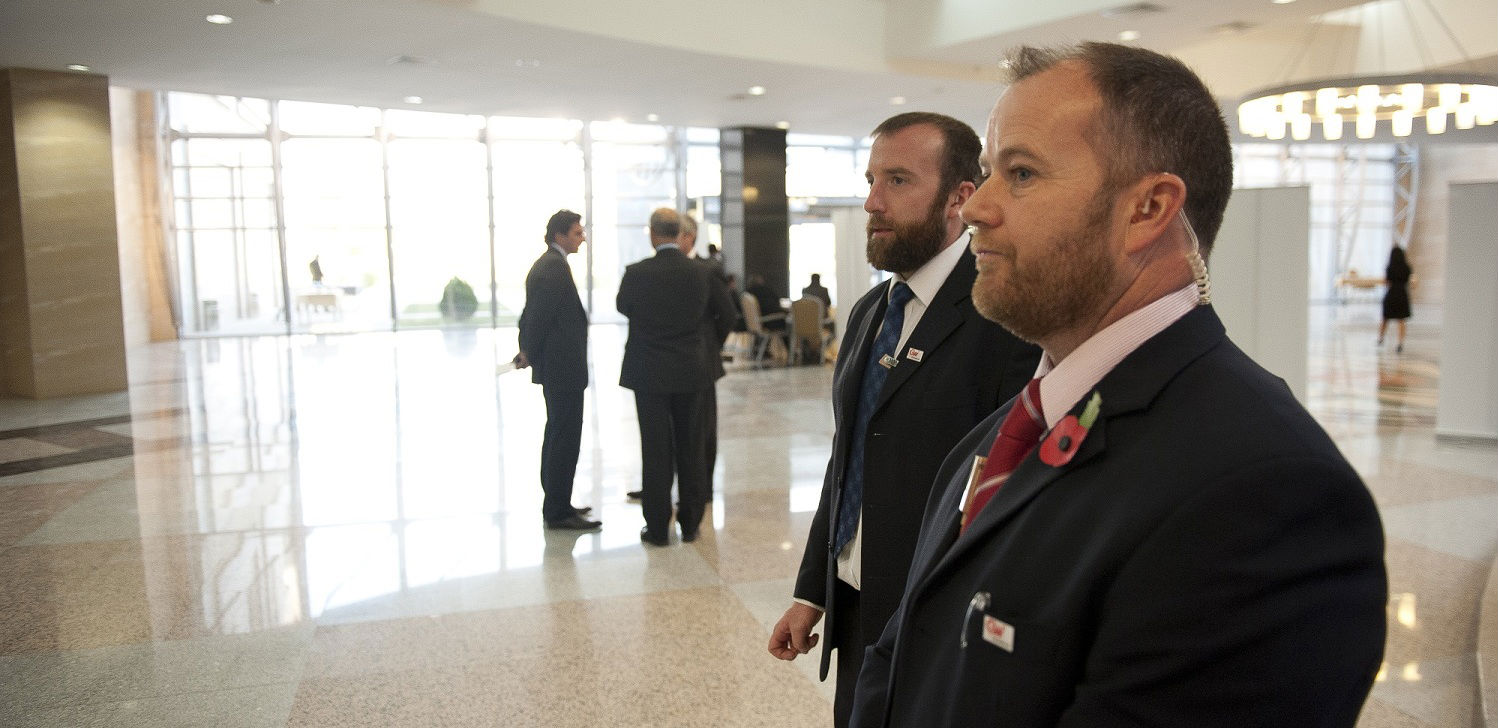When you’re locked out of your house on a freezing Montreal evening or dealing with a break-in at your business, your first instinct is to get help—fast. But in the rush, many people make one critical mistake: hiring the first locksmith they find online, without checking if they’re licensed.
It might seem like a small detail, but hiring an unlicensed locksmith in Montreal can lead to much bigger problems than a stuck door. From damaged locks to inflated bills and even security breaches, the risks are real—and costly.
In this post, we’ll break down the dangers of hiring an unlicensed locksmith in Montreal and why choosing a certified professional is always the smart move.
1. You Could Be Putting Your Security at Risk
Locks are your first line of defense against intruders. When you let someone work on them, you’re literally giving them access to your home, office, or vehicle.
Licensed locksmiths in Quebec are vetted, trained, and held to strict standards. They’re required to understand modern lock technologies, follow legal protocols, and act with integrity.
Unlicensed locksmiths, on the other hand, could be anyone—with no formal training, no accountability, and in some cases, criminal intent. There are documented cases where rogue locksmiths have returned later to rob properties they had previously serviced. Without proper licensing or background checks, there’s no way to truly know who you’re letting in.
2. No Guarantees, No Insurance, No Protection
A reputable locksmith offers more than skill—they offer peace of mind. Licensed locksmiths typically carry liability insurance, provide written invoices, and guarantee their work.
If something goes wrong during the service—like damage to your door, lock, or vehicle—you’re covered. If an unlicensed locksmith causes damage, you may be left to foot the bill yourself, with no legal recourse.
Many fly-by-night operators also refuse to provide paperwork, making it impossible to prove the work was even done, let alone dispute any issues.
3. You Might Pay Way More Than You Expected
Unlicensed locksmiths are notorious for bait-and-switch pricing. They’ll quote you a low price over the phone—say, $50 for a lockout—only to jack up the price to $300 or more once they arrive, claiming unforeseen “complications.”
Because they aren’t regulated, they can get away with this tactic—and many people, already stressed and desperate, end up paying just to get it over with.
Licensed locksmiths in Montreal must adhere to ethical pricing standards. They provide clear estimates upfront, explain the costs involved, and won’t start work without your consent.
4. You May Be Breaking the Law—Without Knowing It
In Quebec, certain locksmithing activities are regulated under provincial law. For example, duplicating restricted keys, installing advanced security systems, or handling commercial master key setups all require proper training and licensing.
By hiring someone without the proper credentials, you could unknowingly violate privacy laws, landlord-tenant agreements, or even void your insurance coverage.
If a break-in occurs and your insurer finds out the lock was installed or serviced by an unlicensed provider, your claim could be denied—leaving you without compensation for stolen or damaged property.
5. Poor Workmanship Can Lead to Bigger Problems Later
Locksmithing isn’t just about unlocking doors. It’s a skilled trade that involves precision, technique, and knowledge of mechanical and electronic locking systems.
Unlicensed locksmiths often use the wrong tools, outdated methods, or guesswork to get the job done. The result? Damaged locks, weakened doors, or improperly installed systems that leave you more vulnerable than before.
A poorly installed lock might work for a few weeks—until it fails in the middle of the night, or worse, during a burglary attempt.
6. No Accountability, No Recourse
If a licensed locksmith makes a mistake, you can report them to professional organizations or licensing authorities. They have reputations to protect, and they’re legally bound to resolve complaints.
With unlicensed locksmiths, there’s no such accountability. They can disappear overnight, block your calls, and leave you with no way to recover your money or fix the damage they caused.
Some even use fake business names or claim to represent real companies to appear legitimate. Without a license number or verifiable credentials, it’s incredibly difficult to track them down afterward.
7. Scams Are Common—And Well-Coordinated
Locksmith scams are more organized than you might think. In many cases, the “locksmith” isn’t a local business at all. They’re part of a network of unlicensed operators who buy ads in every major city, reroute your call to a central dispatch, and send out whoever’s available—even if they’re unqualified or don’t live anywhere near Montreal.
They often have fake reviews, fake addresses, and generic websites. Once they arrive, they use intimidation, vague pricing, or pressure tactics to force you into paying far more than you agreed to.
How to Avoid Unlicensed Locksmiths in Montreal
To protect yourself, follow these tips:
- Ask for a license number or certification (in Quebec, many locksmiths are vocationally trained and can prove it).
- Check for local business listings with a verified address in Montreal.
- Read real reviews on platforms like Google Maps or the Better Business Bureau.
- Request an estimate over the phone and confirm it in writing before the job starts.
- Make sure the locksmith arrives in a marked vehicle and has company ID.
- Trust your gut—if something feels off, you’re probably right.
Final Thoughts
In a city like Montreal, where security matters and scams are on the rise, hiring an unlicensed locksmith is simply too big of a risk. What starts as a simple lockout could turn into a financial loss, legal issue, or safety concern.
By choosing a licensed locksmith, you’re investing in professional service, peace of mind, and long-term protection for your property and loved ones.
Next time you need locksmith services in Montreal —whether it’s an emergency or a routine upgrade—take the extra minute to ask: Are you licensed?
It’s a small question that can save you a lot of trouble.




